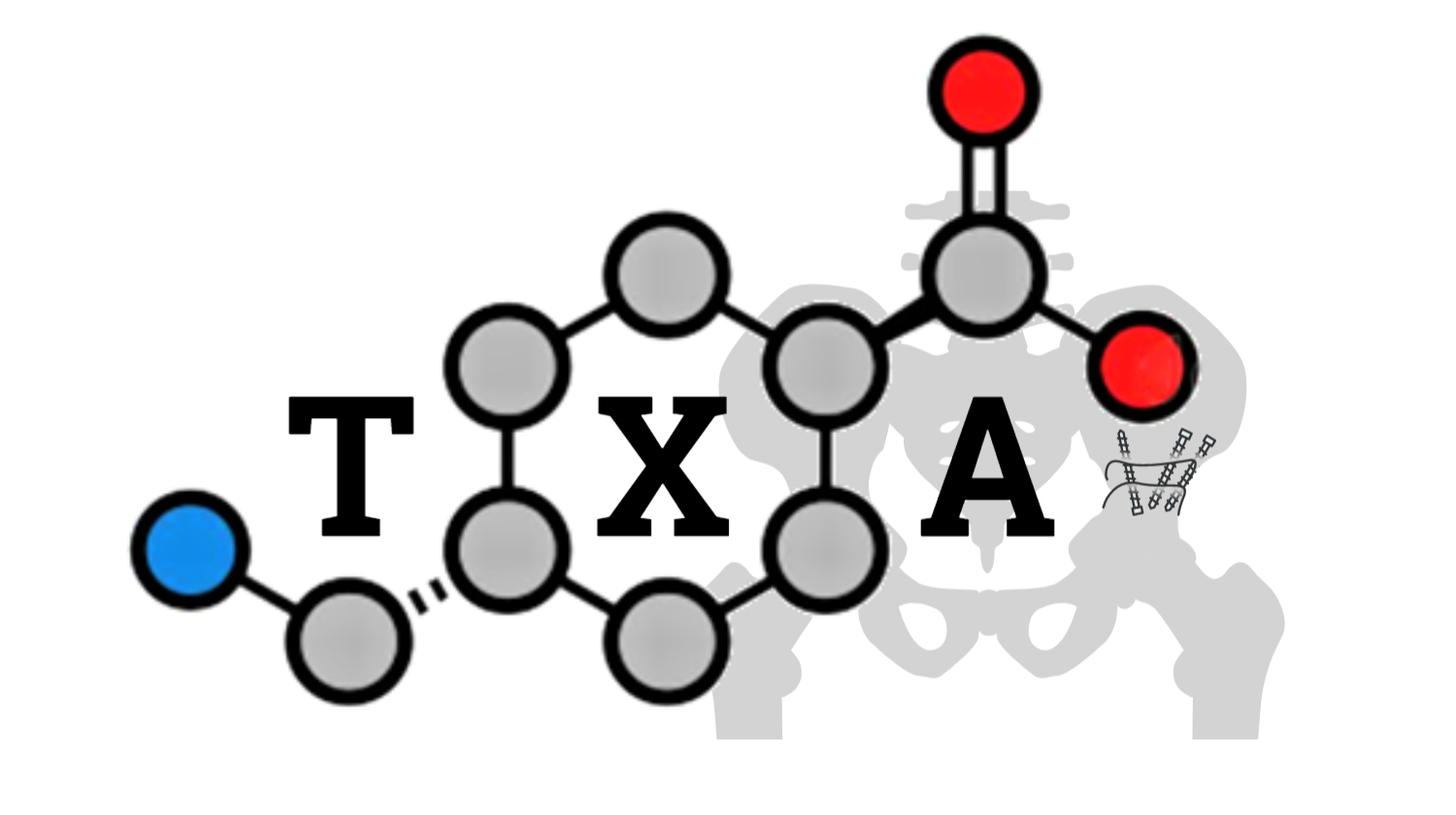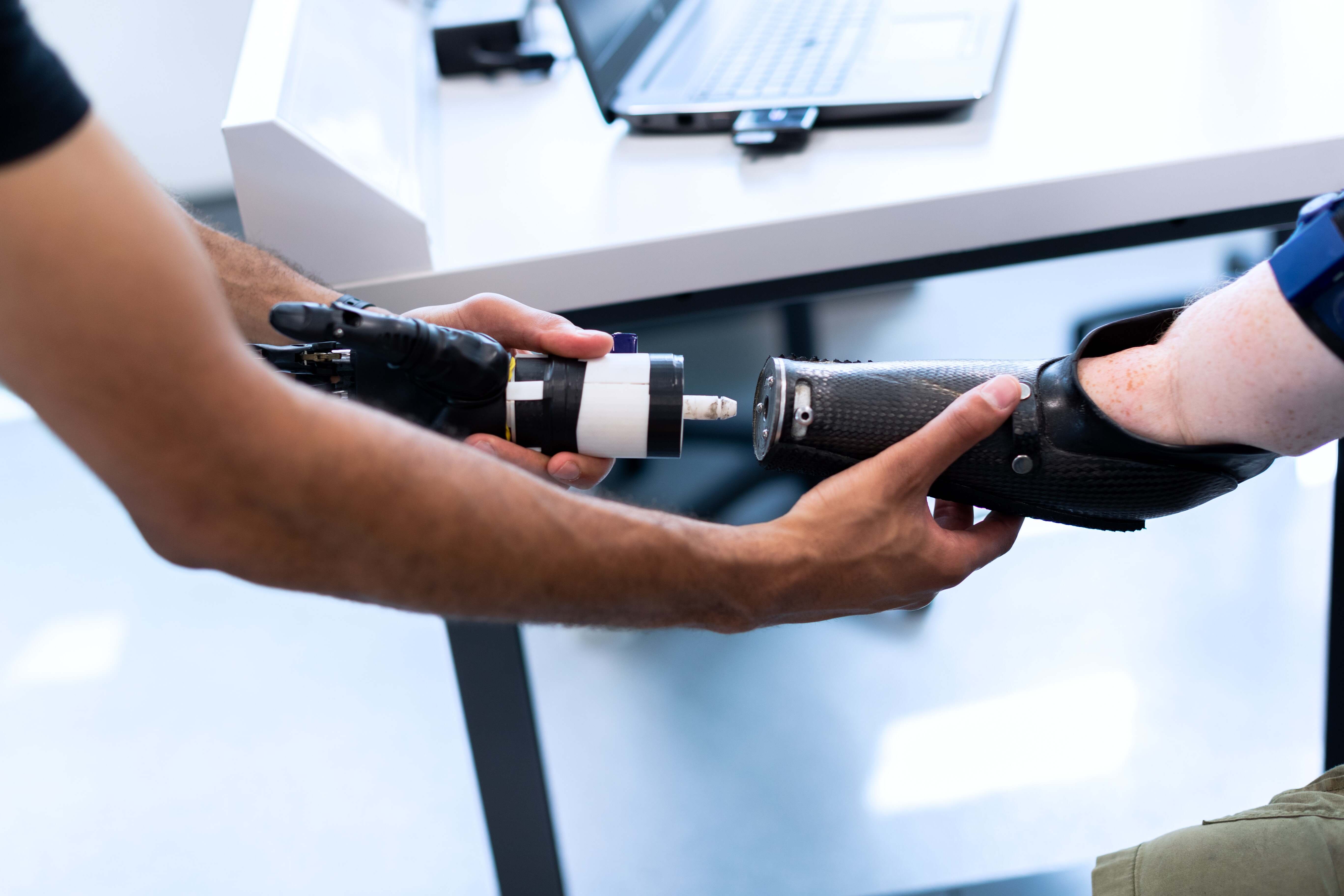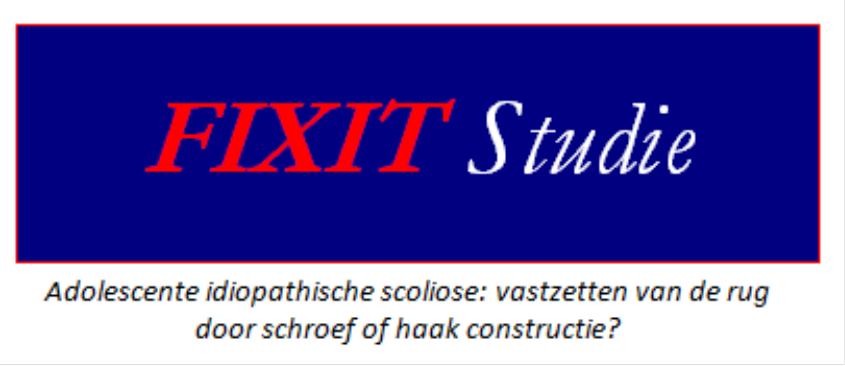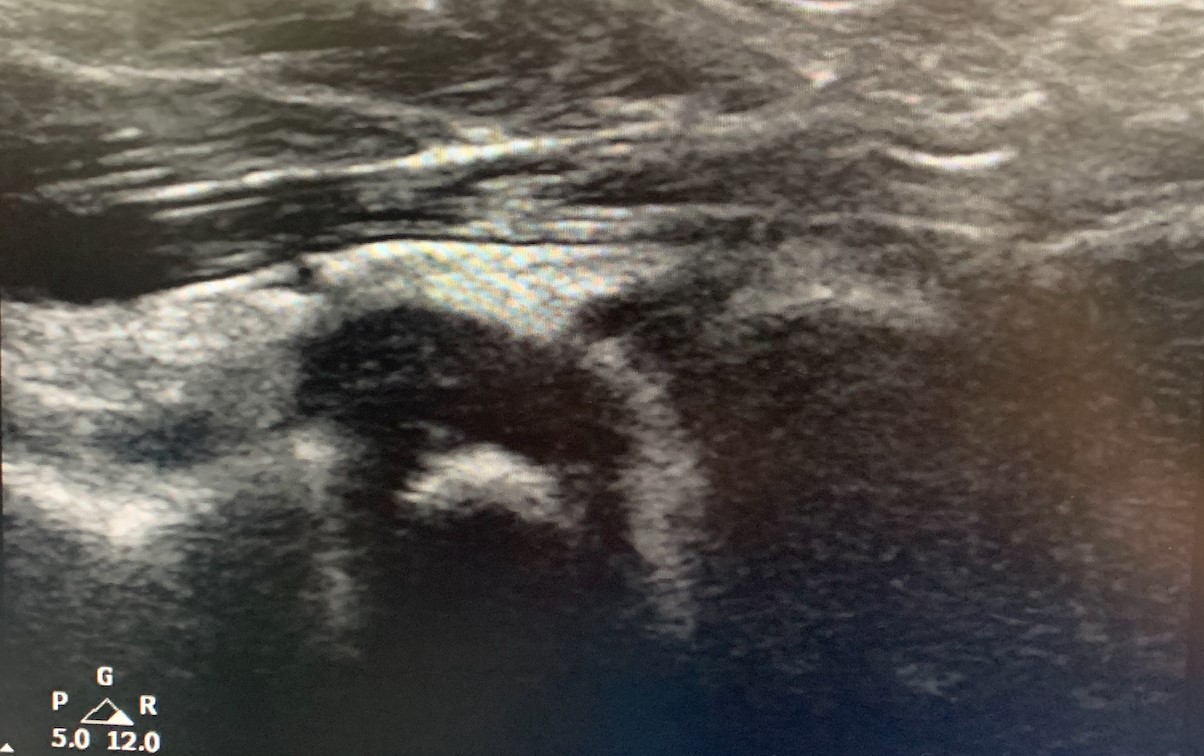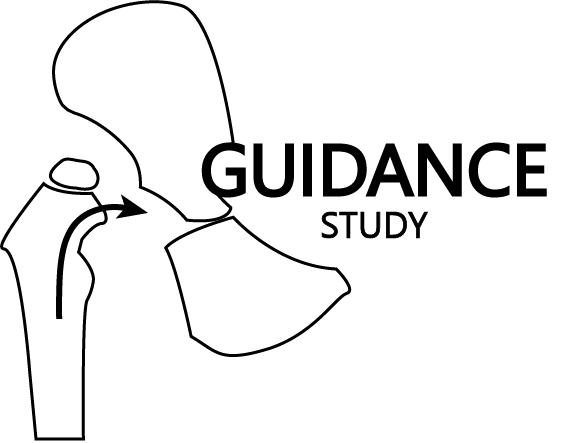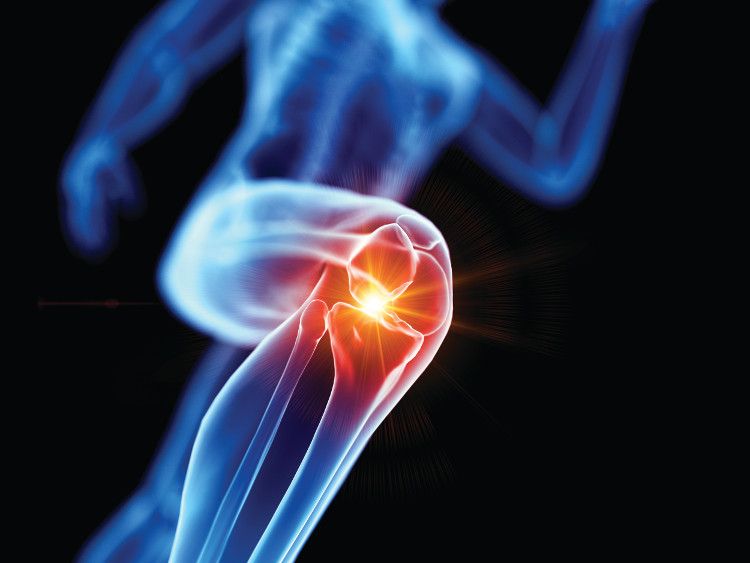Musculoskeletal growth and development
The growing musculoskeletal system in children is prone to specific disorders that affects function and quality of life during childhood and throughout life. Prevention, early recognition and personalized treatment of congenital, (post)traumatic, infectious and neuromuscular pediatric musculoskeletal disorders can have lifelong positive effects on activity, mobility, and quality of life and will decrease the burden on in-hospital care capacity.
This research line focuses on:
• complex upper limb pathology: preventing invasive and costly interventions for (post)traumatic and congenital pathology by innovative technical advancements through a close partnership with the Technical University (TU) of Delft, actively promoting personalized care, highlighting the influential role of global BIG data collection in developing predictive models.
• complex spine deformities: introduction of early home-based detection of complex scoliosis and optimizing and accelerating perioperative care.
• identifying the processes that take place during normal and pathologic musculoskeletal development. Pathological development and treatment effects will be analyzed in prospective cohort (e.g., Generation R) and intervention studies in specific patient subgroups.
• reducing treatment morbidity and optimizing outcomes by early recognition and personalized treatment in patients with complex lower- limb deformities including neuromuscular pathology.

